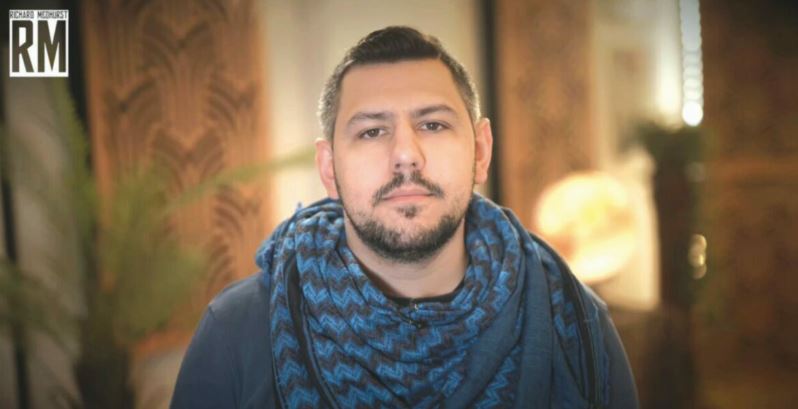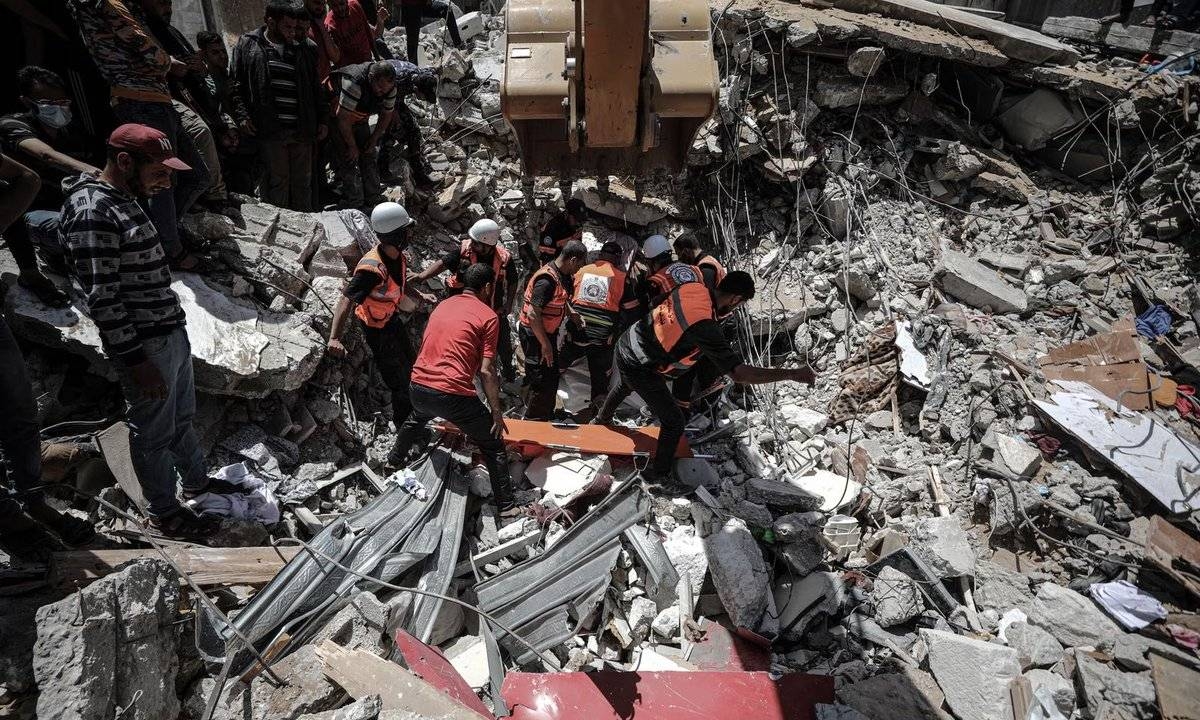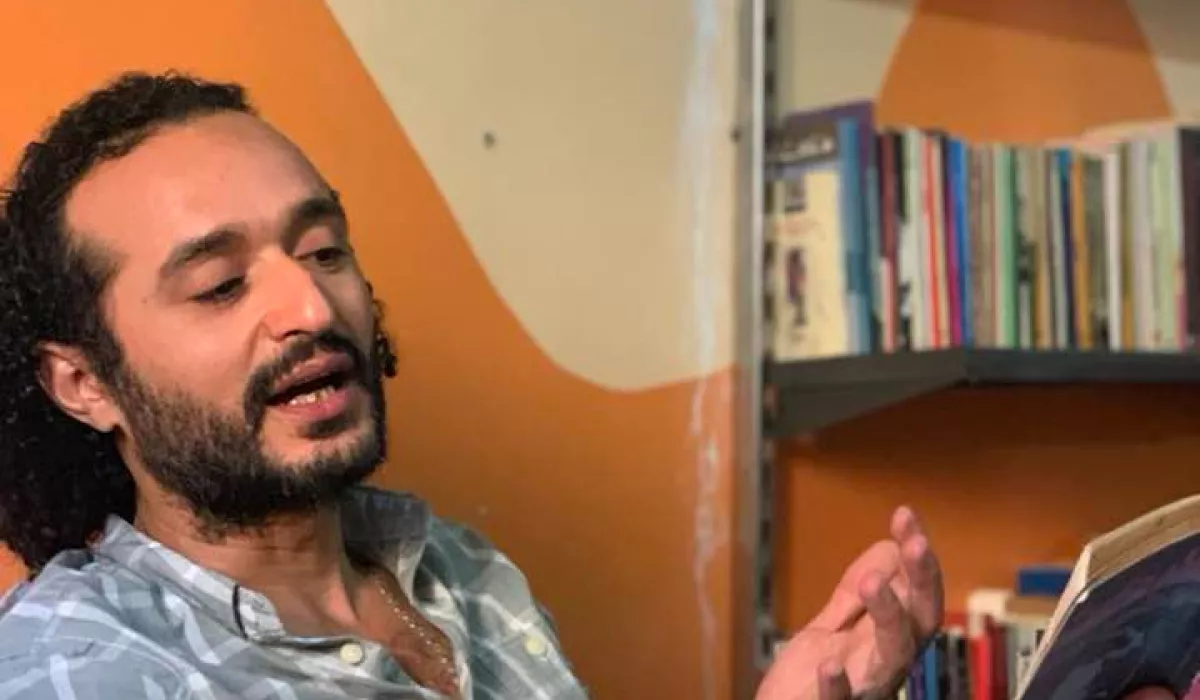
British Journalist Faces Prison for Protecting Sources, Sparks Press Freedom Debate
January 2, 2025
Palestinian Photographer Areej Shaheen Killed in Israeli Airstrike in Gaza
January 3, 2025January 03, 2025 – Syria –
The sudden collapse of Bashar al-Assad’s regime in December 2024, following the fall of Damascus to rebel forces, has brought both hope and uncertainty for the future of journalism in Syria. After decades of strict censorship, surveillance, and the imprisonment of journalists under Assad’s authoritarian rule, the post-regime era offers a rare opportunity to rebuild a free press. Yet, deep challenges remain.
Under Assad, Syria was one of the world’s most dangerous places for journalists. Independent media was crushed through legal repression and violence. Dozens of journalists were detained, tortured, or disappeared, and reporting truthfully often came with a death sentence. State-run outlets and propaganda dominated public discourse, leaving exiled Syrians and underground networks as the only alternative sources of information.
Now, as exiled journalists consider returning, many are hopeful that a new era of press freedom could emerge. Writers like Rizik Al-Abi, who fled Syria after facing persecution, express cautious optimism about helping restore independent journalism. However, they also warn that the fight is far from over.
A key concern is who will fill the power vacuum left by Assad. Rebel groups, particularly Islamist factions like Hay’at Tahrir al-Sham (HTS), have taken control of much of the country, including the capital. While they promise reforms, their track records suggest potential limits on freedom of expression. Journalists fear a new form of authoritarianism may replace the old, one that continues to intimidate or silence dissenting voices.
Rebuilding Syria’s press landscape will require more than regime change. It demands legal reforms to protect journalists, investment in media infrastructure, and international support for training and safety. Most importantly, it will require time, political will, and a cultural shift toward valuing open dialogue and accountability.
Assad’s downfall marks a turning point, but whether it leads to a truly free press remains uncertain. The next chapter for Syrian journalism will depend on the ability of reporters, media advocates, and civil society to claim and protect their space in a rapidly evolving and still volatile environment.
Reference –
https://www.indexoncensorship.org/2025/01/bashar-al-assad-downfall-syria-journalism-exiled/




